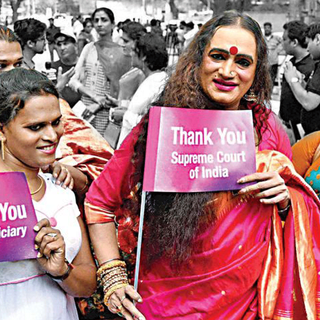Father’s Day isn’t far away. Call it gimmicky or a move with honest intentions, we’ll leave that to you, but on Monday, Zomato announced 26-week paid paternity leave for its employees. It is — finally — at par with the number of weeks to-be and new mothers are offered by their employers in India.
The food app company, after this announcement, has become the first mover in corporate India to introduce a gender-equal parental leave policy, The Times of India reported.
There is no provision of paid paternity leave for employees of private companies under Indian laws. But international companies such as furniture giant Ikea, Microsoft, RBS and Cummins are known to offer longer paid paternity leave to Indian employees, compared to domestic corporates.
Besides the leave, Zomato also announced a US$1000 bonus per child for their employees.
Related on The Swaddle:
India Ranks Low in Global Analysis of Paternity Leave
CEO and founder Deepinder Goyal said the move will help manage the imbalance at the top corporate levels, wheremen outnumber women, often as a result of unequal policies for men and women who become parents.
He said to TOI, “I believe young parents should be able to make a choice of how to care for their children. And that a myopic view of primary caregiving not only alienates half of our workforce but also creates circumstances that lead to fewer female leaders within organisations, the community and the nation.”
He added that Zomato’s new parental leave policy is also applicable to non-birthing parents, for instance, those who choose to go for surrogacy, adoption, or are in a same-sex relationship. Additionally, the newly announced policy will be applicable to employees in all countries Zomato operates in; currently the company has a presence in 24 nations.




